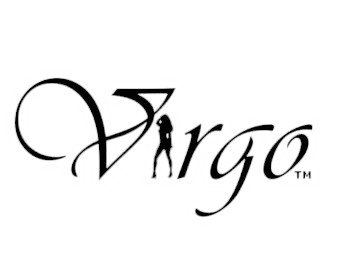Rassie Erasmus Honoured for Promoting Unity and Pride in South Africa
Rassie Erasmus is honoured for his role in uniting South Africa and promoting national pride. Recognised by the FW de Klerk Foundation, his leadership continues to inspire millions.
Virgin Music Group Acquires Downtown Music: A New Chapter for Sheer Publishing
In a groundbreaking announcement, Virgin Music Group has acquired Downtown Music, a move that marks a significant shift in the global music industry.
Major Retaliation Expected After Death of Senior Russian General Igor Kirillov
A defence expert warns of major Russian retaliation following the death of senior Russian general Igor Kirillov, who was killed in Moscow on 17 December. Kirillov had been charged with…
50 Cent, Mary J. Blige, and Davido Headline Spectacular London Concert
Iconic stars 50 Cent, Mary J. Blige, and Davido will headline a massive concert at London’s Tottenham Hotspur Stadium in July 2025. Get tickets now!
Cassava Technologies Secures R5.5 Billion, Completes Major Reorganisation
Cassava Technologies, a global leader in digital solutions with African roots, has reached a series of transformative milestones. Backed by billionaire Strive Masiyiwa, the company has secured an impressive R5.5…
Tyme Group Becomes South Africa’s Second Unicorn, Fuelled by $150 Million Investment
Tyme Group achieves unicorn status in South Africa with $150 million funding led by Nubank. The digital bank aims for rapid growth in Africa and Southeast Asia.
Bre Tiesi and Nick Cannon’s Open Relationship: A Modern Love Story
Bre Tiesi opens up about her unconventional relationship with Nick Cannon, addressing misconceptions and praising him as a devoted father to their son, Legendary Love.
Dr. Akinwumi Adesina Crowned ‘African of the Decade’ for Transformative Leadership
Dr. Akinwumi Adesina, AfDB President, was named ‘African of the Decade’ for his visionary leadership and transformative impact on Africa’s development.
EU Launches €10.6 Billion Satellite Network to Compete with Starlink
The EU unveils a €10.6 billion satellite network, IRIS2, to provide encrypted global connectivity and challenge Starlink’s dominance in satellite internet services.
From Roots to Joy: How Christopher Griffin Blossomed as the ‘Plant Kween’
Discover how Christopher Griffin, the Plant Kween, found peace and joy through gardening. From family roots to his inspiring book, his story is one of resilience and growth.



















